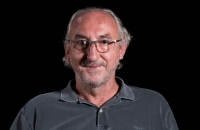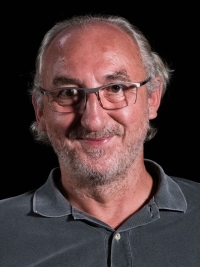We pushed the center of Prague to be more dynamic from the countryside

Download image
He was born in Městec Králové, but grew up in the village of Dobřichov. He went to school in Pečky, later he studied at the grammar school in Kolín and the Faculty of Civil Engineering at the Czech Technical University in Prague. In 1989, he co-founded the Civic Forum in Kolíně. As its member, he organized discussions and negotiated with communist representatives from the ONV (the District National Committee) or OV KSČ (the District Committee of the Communist Party). In 1990, he began working at the district office as a deputy mayor. He remained here until 1995, when he returned to his original field. He has been working in various companies (Geosan, Geoindustrie) to the present.

